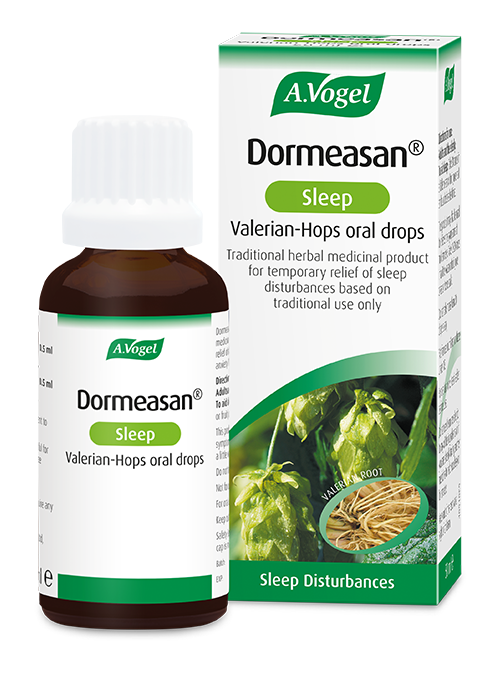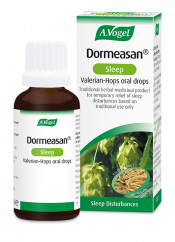What is social media?
Social media has revolutionised how we interact with the world, allowing us all to stay connected and to share ideas and other forms of self-expression. It’s made staying in touch with friends and family across the world possible and in the past decade or so it’s evolved into a media giant, becoming a staple in most of your lives.

Here in the UK, as many as 37 million of us are active on some form of social media, whether it’s Twitter, Facebook or Instragram.1 As social media has grown so too have our attitudes towards it – while the majority of social media users are between 18-34 years old, there are a growing number of older age groups now using platforms such as Facebook too so really, social media has never been more prevalent in our society!
However, while social media undoubtedly has a whole of host of benefits, the way in which we use the medium and our attitude towards it may need to change. On average, it’s thought that most social media users will spend approximately an hour and twenty minutes scrolling through their accounts every day,2 but this could be a conservative estimate. Teenagers, for example, spend around 6-8 hours a day online so it’s not outlandish to suggest that a good chunk of this time is spent browsing social media.3
Thanks to the prevalence of smartphones, accessing social media has never been easier but some are concerned that this new form of accessibility could be creating obsessive behaviours that are negatively impacting our mental health and sleep patterns.
Can social media impact our mood?
Studies have found that Facebook can fuel negative emotions such as anxiety, even lowering your self-esteem and enhancing feelings of inadequacy.4 That’s not to say that social media is the root cause of these feelings, rather it could be considered more of a trigger. If you suffer from stress, low mood or anxiety, you may be more vulnerable to negatively comparing yourself to others.

If you feel lonely or isolated, logging on to Facebook and looking at your friend’s holiday photos can heighten these emotions or make you feel as though your life is somehow lacking compared to everyone else’s. Of course this is rarely the case, but social media does allow us to create an idealised version of our life that can be deceptive to others.
There’s also the added risk of social media pressure with younger users who feel compelled to keep active on social media all day every day, which can contribute towards stress and anxiety. Finally, those who are in this age group can all become victims of online abuse as social media often provides bullies with anonymity.
How does social media affect our sleep patterns?
So, with social media potentially fuelling negative emotions and creating a pressure to remain online for more and more of our day, is it really surprising that it can also have an impact on your sleep patterns? Sleep deprivation and social media do seem to exist in a vicious cycle with one problem often enabling the other.
For example, studies have shown that a lack of sleep can motivate us to be more active on social media at night. This research, led by the University of California, examined the phone and computer use of 71 undergraduate students over the course of a week, finding that the greater the sleep debt accrued by the students, the more time they spent on social media at night.5

This makes sense – after all, if you’re lying awake restless in bed, you’re going to look for a distraction and, since most of us sleep with our smartphones nearby, social media is perfectly able to fulfil this need. However, as I discuss in my blog, ‘Are you digitally sleep deprived?’ not only does social media act as a stimulant, your smartphone itself can inhibit your production of melatonin, the sleep hormone.
So, the more awake you feel, the more you browse and the less able you are to achieve a good night’s sleep – the cycle comes full circle. But what can you do to end this problem? The most obvious answer would be to keep away from social media at night but is this really a clear cut solution?
Referring to another study, this time conducted by the University of Pittsburgh’s School of Medicine, researchers found that there was a correlation between the prevalence of social media use and sleep problems at night. It wasn’t specifically interested in night-time scrolling and instead examined a wider range of participants, this time 1788 adults between the ages of 19-32.
The results found that those who visited social media throughout the week were three times more likely to experience sleep problems compared to those who did not check their feeds as much.6 So could daytime social media use be impacting your sleep patterns too? It’s definitely a possibility that’s worth considering.
What can you do to correct your sleep patterns?
1 - Check your social media use
To an extent, how much you use social media and when you use it can play a role in determining your quality of sleep. However, I’m not about to tell you to turn your back on social media – rather, be more aware of when and how much you’re using it.
If you find that you can’t go more than a few hours without reviewing Facebook or logging in to Twitter, then it’s possible that this habit may have turned into a compulsion. Taking some time out to focus on yourself in the moment instead of what other people are doing can be very helpful, not only for your mental wellbeing but also your sleep patterns.
That’s why I often recommend practicing mindful meditation to those that struggle with their sleep or negative emotions such as stress or anxiety. It helps you to stay in the moment and enables you to recognise stressful emotions without immediately succumbing to them.
2 - Don’t lie restless in bed
If feelings of restlessness are increasing your social media use at night, rather than reaching for your smartphone, get up and out of your bed. The last thing you want is to start associating feelings of stress or frustration with the place where you sleep and so getting up and moving into a cool dark room can sometimes help you to feel more relaxed. Just remember to move back to your bedroom before you fall asleep – your couch is definitely not a substitute for your bed!
3 - Try a herbal remedy
If anxiety is taking a toll on your sleep patterns or you are finding it difficult to switch off and relax before bedtime, it may be worth considering a herbal remedy that offers a combination of both Valerian and Hops. These herbs help to gently soothe your nervous system, making it easier for you to switch off from restlessness and enter a state of mind more conducive for sleep.
Dormeasan is our preferred sleep remedy as it provides both of these herbs in a tincture that’s more readily absorbed without any of the drowsy side effects associated with conventional sleep medicines. If you find your sleep pattern is disturbed during the night, you can take Dormeasan again to help you fall back into a deep, restful sleep.
4 – Adjust your sleep routine
Do you sleep with your phone on charge next to your bed? You’re not alone. None of us are guilt-free when it comes to our sleep routines, with most of us spending an hour in front of the television in order to relax before going to bed. However, like smartphones, tablets, televisions and laptops must all share the blame when it comes to inhibiting your production of melatonin as they all emit the same blue light.

Instead of relying on your devices to get you ready for bed, it may be time to consider other methods. I go a bit more into depth about proper sleep hygiene here, but you could try putting down your smartphone and indulging in a nice warm bath instead. Pick up a book, or even try playing puzzle games like Sudoku, as it helps to give your brain a workout.
1http://www.umpf.co.uk/blog/social-media/social-media-usage-in-the-uk-the-findings/
3http://www.bbc.com/future/story/20180110-the-vital-time-you-really-shouldnt-be-on-social-media
4https://www.medicalnewstoday.com/articles/247616.php
5https://www.medicaldaily.com/social-media-facebook-lack-sleep-372478
6https://www.medicaldaily.com/social-media-sleep-disturbance-sleep-quality-371092









